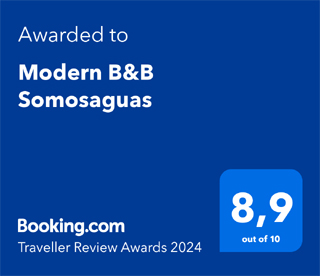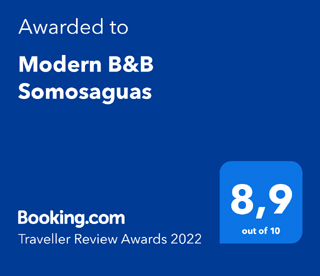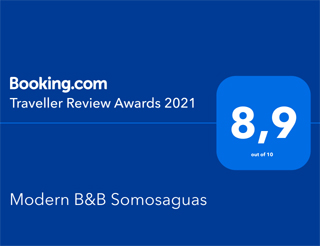-
Cultural Adaptation is up to YOU
- Posted on October 7, 2016
- by Jill Arcaro
- in Blog
- Comments Off on Cultural Adaptation is up to YOU
by Jill Arcaro Gordon
After the initial elation of novelty when transported into a foreign culture, the shock and frustrations of having to adapt culturally can be overwhelming. I myself have experienced them all and continue to suffer from the habit of comparing, both favorably and not, after more than 10 years in Europe. Would I think of moving? Not for a minute. But I really could have used the experiences of someone in the know!

So, the question stands: How do you know if you’re cut out for an extended sojourn abroad? While there is no set dogma to follow, there are certain universal indicators which can make your journey exponentially more enjoyable. Here are a few of these indicators.
Cultural Adaptation
You will know you’re not ready for a new life in a foreign land if you cannot deal with:
- Communication breakdowns, whether via post, Internet or telephone. In many countries, telephone and postal services can be unreliable. Your cell phone might not work, or Internet might be unreliable or slow. Occasionally, you might find that there is no personnel available for complaints, even if you can explain yourself. Perhaps the telephone card you bought for 10 € might not connect for days on end and then, bingo! it works. Regular post might take up to 2 weeks to arrive. The point is, arm yourself with patience!
- Not having a name-brand or processed food item. Bring them with you or you might be forced to diet. One of the best pieces of advice I can give is to learn to eat according to the customs of the country where you are residing. This might mean developing a taste for garlic and olive oil, but in the long run it will be cheaper and easier (and probably healthier)! Remember, in great part, culture is cuisine.
- Random service. Are you expecting to spend just ½ hour for lunch? What about 20-minutes more? Or 20 minutes just to pay the bill? What happens if the people at the table next to you, who came in after you, get their food before you have even ordered? While this is not always the case, do not be surprised if local administration/services require you to wait longer than you are normally accustomed to. Be patient, and go early if you wish to avoid rushing.
- Resorting to body language when the new lingua is not flowing. You may expect that, in most places around the world, you will be able to find someone who speaks English. But I must stress: THIS IS NOT ALWAYS THE CASE! Most people who move to a foreign country want to learn the new language but in the meantime if you haven’t, how will you tell the reception desk that the hot water does not work… and how will you understand them when they tell you why? Will you be able to ask for directions if you are lost or tell a doctor what’s wrong with you? Language is culture and you will not penetrate beneath the tourist level of a country until you do your best to learn to speak the language. A big help is Google Translate application but it is not 100% fool proof either.
- Liberalism. The U.S. is heavily regulated… other countries are not. This is one of their big advantages in many cases… but it comes with some downsides. If second-hand smoke, scantily clad girls loitering on your corner, or other differences (such as customers entering restaurants with their pets) bother you, then you may have some problems adapting. Keep in mind that many countries have a “Live and let live” way of life which differs from the North American style of conservatism.
Before concluding, I must also suggest that you learn to trust yourself and your own judgment. In times of panic, you are the only person that you can rely on. Having said that, be wary of the difference between someone who knows and someone who is trying to save face. People might not want to disappoint you and they may be incapable to telling you “no” or “I don’t know”. Usually, they are not intending to mislead you; they just want to make you happy, but be careful who you ask for directions. We stopped a half-dozen times to ask directions to our hotel in Spain last week. We were given, with confidence, six entirely different answers and pointed to every corner of that city. We finally found a map… and made our way to the hotel ourselves.
© BEST Programs, 2013; 2nd edition 2016
Jill Arcaro is a journalist and founder of BEST Programs which has have been lessening the initial shock of living, studying and working in Spain since 1990. Her main interests are non-academically focused education along with culture and well-being. As an American living abroad she knows what it is to live a life true to yourself and not what others necessarily expect of you. You can have a “homebase” situation right when you arrive in your destination country, and do it economically through BEST’s programs. Whatever you would like to do in Spain, Russia, Belgium, Thailand, Cuba, Italy, Colombia or the USA, whether it be interning, working, studying or simply living, BEST can help you or knows who can. Jill is currently in South-East Asia working on a program to enhance the physical and emotional lives of hill tribes, orphans, disabled and elderly people.









